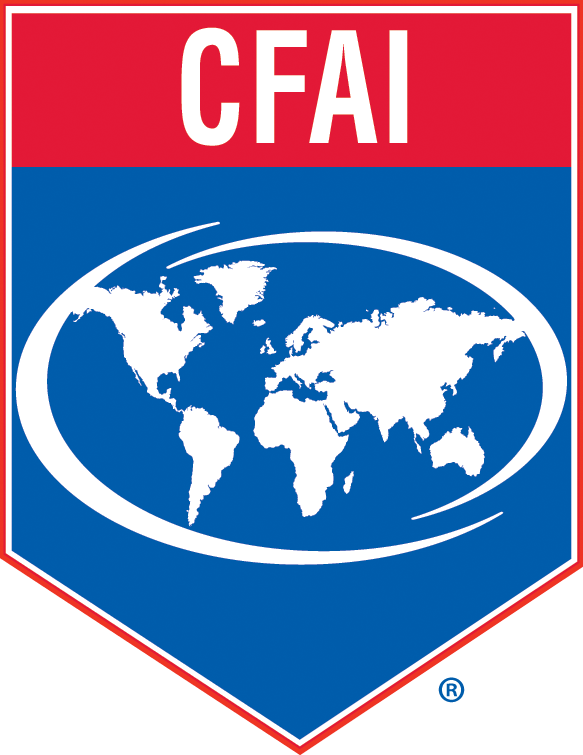
The Commission on Fire Accreditation International® (CFAI) Accredited agencies are often described as being community-oriented, data-driven, and outcome-focused. They exemplify organizations that are strategic-minded and well-organized, are properly equipped, staffed, and trained.
Agency accreditation is an international recognition of achievement. It shows your community that your agency continually self-assesses, looks for opportunities for improvement, and is transparent and accountable through the application of a true third-party verification and validation process.
What is CFAI Accreditation?
CFAI accreditation is a process of self-assessment, verified through peer review. Your agency receives the accreditation model, accreditation publications, training, and access to experienced peer assessors.
Your agency, however, will have to do the work. We promise it’s worth it.
Working towards, achieving, and maintaining agency accreditation provides significant benefits. It:
- Provides greater community alignment
- Encourages quality improvement
- Facilitates input from and builds positive relationships with labor
- Identifies areas of strengths and weaknesses
- Allows for the establishment of a plan for improvement
- Provides data-supported decision-making
- Communicates management and leadership philosophies
- Ensures your agency has a defined mission and related objectives
- Encourages the development of organizational procedural documents
Ready to get started? Learn how to become an accredited agency. Need more information? Read on…
A Holistic Process
The CFAI accreditation process follows the holistic scope of the agency self-assessment model. Quality Improvement for the Fire and Emergency Services, the manual based on the 10th edition of the CFAI model, details the process for conducting a community risk assessment, developing standards of cover, establishing a community-driven strategic plan, and self-assessing all segments of the fire department. This manual covers all 11 categories of the model, which encompass the full span of fire and emergency service operations:
- Governance and administration
- Assessment and planning
- Goals and objectives
- Financial resources
- Community risk reduction programs
- Physical resources
- Human resources
- Training and competency
- Essential resources
- External systems relationship
- Health and safety
Category 5 | Community Risk Reduction (CRR) Programs
Chapter 5 of the manual details 11 critical areas of focus for community risk reduction:
- Prevention
- Public education
- Fire investigation, origin, and cause
- Domestic preparedness
- Fire suppression
- Emergency medical services (EMS)
- Technical rescue
- Hazardous materials
- Aviation rescue and firefighting
- Marine and shipboard rescue and firefighting
- Wildland firefighting
Agency Self-Assessment – Where It All Begins
Most fire and emergency services agencies are caught between public service and private demand. The agency strives to reduce property and loss of life, while promoting employee safety. This requires choices. It’s important to understand the agency’s status in each of these areas before making resource allocations. This is where the CFAI self-assessment process is comes in.
Agency self-assessment is also an excellent way of achieving performance-based budgeting, which requires measuring, benchmarking, and analyzing agency performance – all of which are included in the CFAI model.
Government accountability is another emerging pressure point for fire agencies. The CFAI process provides a reliable response to increased oversight by managers and elected officials – along with any potential criticism from the community.
Accreditation – Is It Worth It?
The CFAI self-assessment model is a voluntary process. Some agencies seek a dollar-for-dollar return on investment before accepting the model and pursuing accreditation. The true benefit, however, is in learning what you do not know about your organization.
Document review and onsite assessment by CFAI peer assessors is detailed and thorough. Final accreditation reports include peer assessor recommendations for improvement beyond those your agency may have previously identified.
Accreditation will benefit your agency internally by fostering pride among your members, community leaders, and citizens. It will also benefit you externally through the support of and networking with other accredited agencies.
Learn more about how to get accredited or Contact Us to chat about accrediting your agency.
